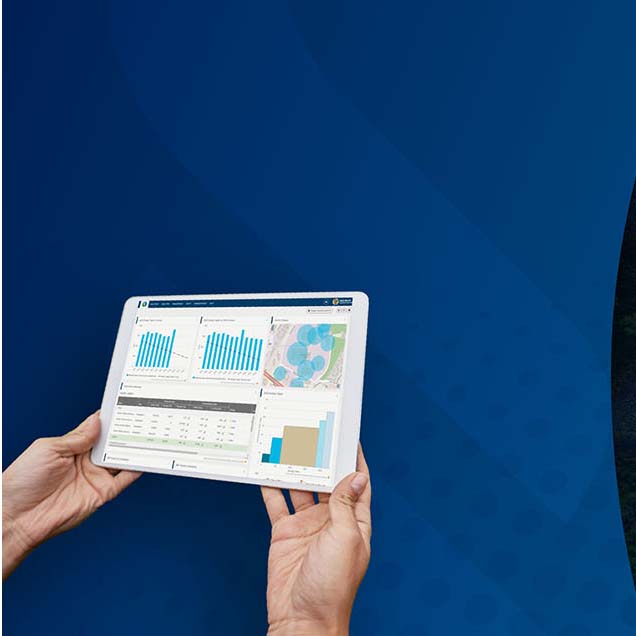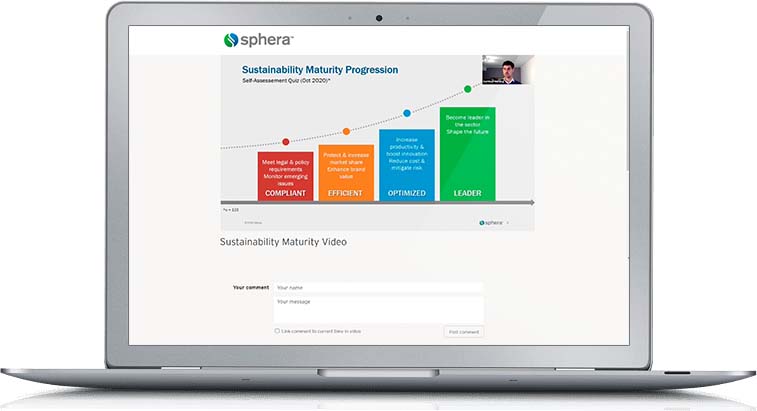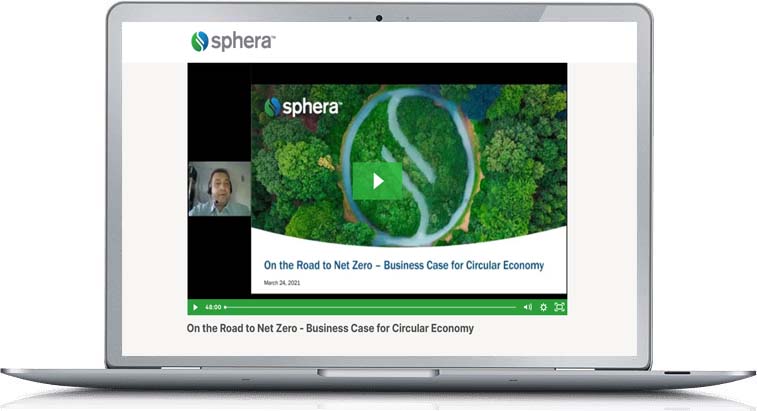UPDATE (August 1, 2023): The European Commission announced its adoption of the European Sustainability Reporting Standards (ESRS) on July 31. The announcement marks an important milestone in the EU’s effort to implement mandatory sustainability and climate-related reporting under the Corporate Sustainability Reporting Directive (CSRD). The directive requires over 50,000 companies within the EU and at least 10,000 foreign companies that have operations in the EU to disclose against the ESRS. Reporting requirements will begin as early as 2024 for some companies that fall within the CSRD’s scope.
The 12 ESRS standards cover environmental, social and governance matters and include two cross-cutting standards that address general requirements and disclosures. In its announcement, the Commission noted that discussions with the International Sustainability Standards Board (ISSB) and the Global Reporting Initiative (GRI) were held during development of the standards to achieve a “high degree of interoperability between EU and global standards.”
###
UPDATE (June 12, 2023): On June 9, the European Commission published the first set of European Sustainability Reporting Standards (ESRS) under the Corporate Sustainability Reporting Directive (CSRD). This set of standards, which was published as a draft delegated act, applies to all companies that are required to report under the CSRD. Sector-specific standards, as well as standards for certain companies that fall within the scope of the directive, will follow later.
The standards include proposed amendments that apply to smaller companies and companies that are reporting under the CSRD for the first time.
Members of the public may now review and submit comments on the standards. Comments must be submitted by July 7. Feedback will be considered as these standards are being finalized.
###
UPDATE (November 29, 2022): On November 28, the European Council issued its final approval for the Corporate Sustainability Reporting Directive (CSRD). As a result, companies will soon be required to report on environmental, social and governance (ESG) matters such as their greenhouse gas (GHG) emissions, business conduct and treatment of employees and supply chain workers.
The CSRD will enter into force 20 days after publication in the Official Journal. EU member states will then have 18 months to incorporate the reporting directive into national law.
Organizations required to report under the CSRD include:
- Companies currently reporting under the EU Non-Financial Reporting Directive (NFRD)
- Large EU companies and groups that meet two of the following criteria:
- A balance sheet total exceeding EUR 20 million
- Net turnover exceeding EUR 40 million
- More than 250 employees
- Other EU and non-EU companies with securities listed on EU regulated markets
- Non-EU companies with a net turnover exceeding EUR 150 million in the EU and an EU branch or subsidiary
###
UPDATE (November 16, 2022): On November 15, the Sustainability Reporting Board of the European Financial Reporting Advisory Group (EFRAG) agreed on the first set of draft European Sustainability Reporting Standards (ESRS) to be submitted to the European Commission. The ESRS standards are part of the EU Corporate Sustainability Reporting Directive (CSRD), the proposal for which was adopted on April 21, 2021.
The development follows the adoption of the final CSRD text by the European Parliament on November 10.
The agreed standards allow for interoperability with the International Sustainability Standards Board (ISSB) and the Global Reporting Initiative (GRI). The following article provides details on the 12 ESRS standards, which address environmental, social and governance matters.
###
ORIGINAL ARTICLE: Sustainability reporting is serious business in Europe. When reporting frameworks for corporate ESG disclosures are not sufficiently aligned with the European Union’s environmental and social ambitions, things change.
In June, the Council of the European Union and the European Parliament provisionally agreed on new rules for the disclosure of non-financial information under the Corporate Sustainability Reporting Directive (CSRD). The agreement seeks to strengthen non-financial reporting, essentially sending the message that the CSRD’s predecessor, the Non-Financial Reporting Directive (NFRD), was not strong enough. The rules also expand the scope of the CSRD and offer a timeline for their application.
Bruno Le Maire, French minister for economic affairs, finance and industrial and digital sovereignty, noted that the new rules will lead to simpler, more accessible information that provides greater transparency for citizens, consumers and investors.
CSRD Standards for ESG Reporting
The directive’s proposed reporting standards—the European Sustainability Reporting Standards (ESRS) issued by the European Financial Reporting Advisory Group (EFRAG)—provide specific disclosure requirements and guidance. (See And Now… New Sustainability Reporting Standards from Europe to learn more.)
Released as exposure drafts in April this year, the reporting standards address environmental, social and governance matters and are currently in a public consultation phase that ends on August 8. Like the proposed regulations for climate-related disclosures from the U.S. Securities and Exchange Commission (SEC), the reporting standards also include mandatory reporting of Scope 1, Scope 2 and Scope 3 emissions, but the European standards go well beyond the SEC regulations.
Regulations fall into three categories: environmental, social and governance. Environmental categories include:
- Climate change
- Pollution
- Water and marine resources
- Biodiversity and ecosystems
- Resource use and circular economy
Social categories include:
- The company’s own workforce
- Workers in the value chain
- Affected communities
- Consumers and end users
Governance categories include:
- Governance
- Risk management and internal control
- Business conduct
In drafting the CSRD standards, EFRAG considered other proposed regulations and frameworks, including the SEC’s proposed climate-related disclosures and recommendations from the Task Force on Climate-Related Financial Disclosures (TCFD).
The CSRD standards are ambitious, and if they demand robust monitoring and reporting and encourage corrective action, they may effect real change — particularly if many businesses fall under their jurisdiction. Fortunately, this seems to be the case.

Non-EU Companies: Take Note
The exposure drafts indicate that the CSRD will apply to:
- Large companies in the EU that meet two of the following three criteria:
- 250 or more employees
- Turnover of at least €40M
- Or a balance sheet total of at least €20M
- All companies listed on EU-regulated markets
- Small to Medium Enterprises (SMEs), depending on their specific characteristics. A transitional period allows SMEs to opt out until 2028.
The agreed text of the CSRD is not yet available, but press releases from the European Council and Parliament suggest a notable difference from the CSRD proposal released in April 2021. The new rules expand the scope of CSRD to include certain non-EU companies:
- Sustainability reporting will be required of non-European companies that generate an annual net turnover of €150M in the EU and that have at least one subsidiary or branch in the EU. Non-EU companies will have to comply after an interim transitional period.
A Requirement for Independent Auditing
Another significant development is the requirement for independent auditing of reports:
- Reporting must be certified by an accredited independent auditor or certifier. This also applies to non-EU companies that meet the criteria above; their reports must be certified by a European auditor or by an auditor established in a third country.
When Will CSRD Sustainability Reporting Requirements Go into Effect?
More discussion and deliberation are needed before the rules can be officially released. The provisional agreement is subject to approval by the Permanent Representatives Committee before it goes through the formal steps required for adoption. The final directive will be published in the Official Journal of the EU (OJEU) and will go into force 20 days after publication in the OJEU. The CSRD standards will then need to be incorporated into Member States’ national laws within 18 months. Take note of the timeline for compliance:
- Companies already subject to the NFRD: from 1 January 2024 (reporting year 2025)
- Large companies that are not presently subject to the NFRD: from 1 January 2025 (reporting year 2026)
- EU-listed SMEs, small and non-complex credit institutions and captive insurance undertakings: from 1 January 2026 (reporting year 2027)
Take Sustainability Reporting Seriously
The flaws of the Non-Financial Reporting Directive have been addressed through the Corporate Sustainability Reporting Directive. The CSRD, when first proposed in April 2021, brought more companies under its jurisdiction and promoted greater transparency by addressing the need for comparability. The rules agreed by the European Commission and European Parliament take the CSRD even further by expanding the scope and imposing an auditing requirement. The rules prove that corporate sustainability reporting is truly serious business in the EU.











